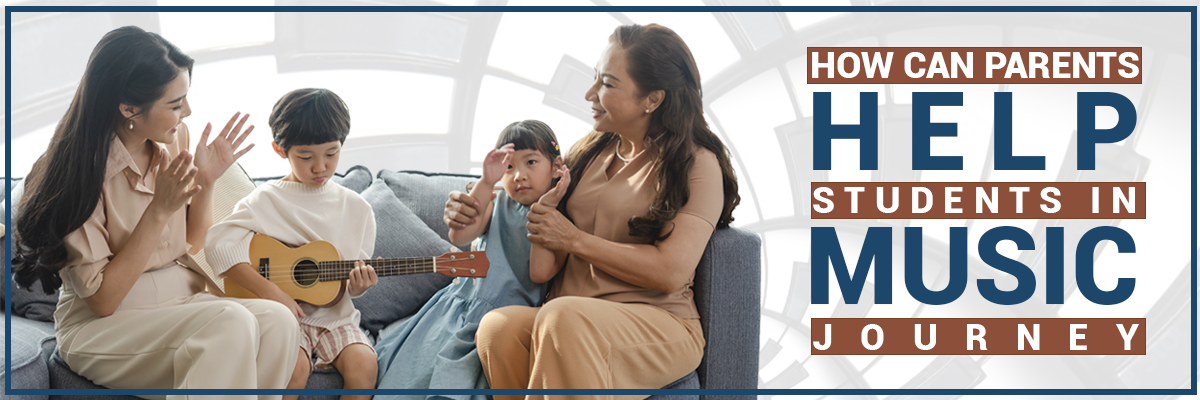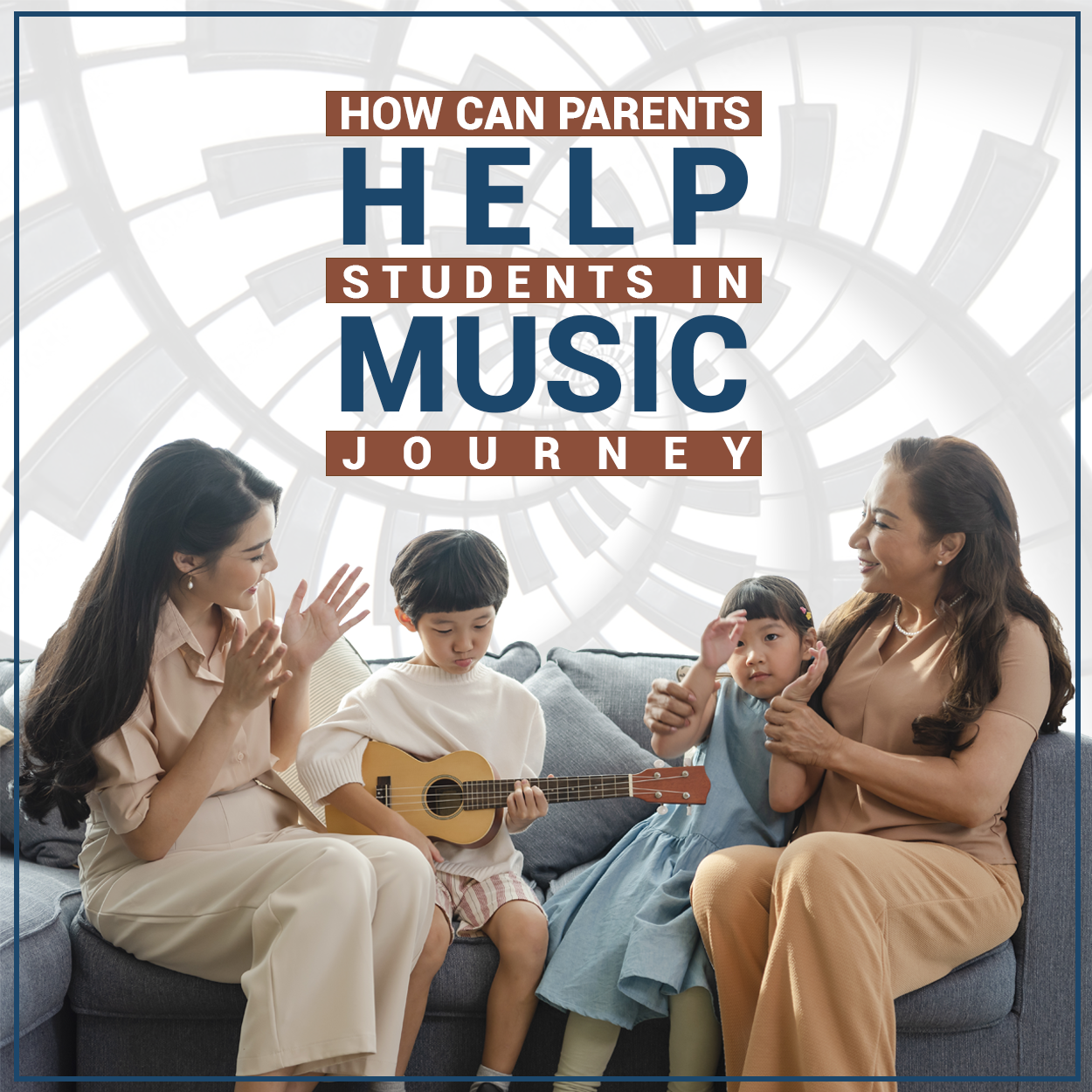
High-achieving pupil musicians tend to have parents who laboriously support their child’s practice, especially during the early stages of instruction. For illustration, parents would either sit in on assignments and/ or laboriously seek regular feedback from their child’s music instructor. These parents also support their child’s practice with moral support, and, in some cases, provide direct supervision. Their involvement should be most apparent in the early stages of development when the children’s capability to understand the music is least apparent. As the children’s developing music skills increase and they come independent, the parents, numerous of whom didn't have a musical background themselves, can start to withdraw their direct involvement while they continue to maintain a high position of moral support for their children’s adding involvement with music.
Parental involvement can happen by providing enough resources to their children (e.g., buying a music stand or new instrument), acting interested in what the child is learning (e.g., ‘Can you play that new piece for me?’), and being more generally interested in the child’s life will grease musical literacy and involvement. Parental involvement also occurs when a parent participates in probative conditioning (similar to sitting in music classes with their kid), sits with the child when exercising an instrument, or more generally talks about music (e.g., ‘How did you go in your music assignment moment? Did you learn anything new?’). Parents extend their support by taking their children to music festivals, introducing them to new music genres and groups, expressing excitement over their child’s successes, and keeping abreast of what's going on in assignments. Indeed, parental behaviors of these types are critical for children’s ongoing musical success. Research shows that parental gesture is particularly effective if it involves structuring. Still, to be most effective it should be autonomy-probative rather than controlling and should help concentrate the child on processes to be employed in music literacy. Like parents’ capability to concentrate their child on the trouble (e.g., ‘You’re working hard, and I can hear how snappily you’re perfecting’) rather than fixed capability comprehensions (‘You don’t feel to be veritably good at that. What’s wrong?’) are pivotal.
The parental gesture of the type described above helps children develop chops that also lead to passions for capability. It also makes the child feel that the parent is interested in what he or she's doing; and, if the exertion is also valued, they develop a sense of relatedness that fosters a closeness between parent and child that acts as a buffer during a time when the child gests difficulties or obstacles that hamper progress. In summary, when parents foster a sense of capability, their child will feel more competent and more in control of his or her music literacy.
A generally held view is that music is a subject that has high natural value but low attainment and mileage value. As an illustration, parents may give their children a music education grounded on their belief that their child will enjoy and find music intriguing during their time at the academy but at the same time hold the view that music isn't as important or useful as other ‘academic’ subjects for life and a career. Accordingly, how parents regard music has far-reaching consequences for children’s musical education. There is also a belief that musicians are born rather than made and that musical capability is thus the result of a special ingrain gift or natural gift that a child either does or doesn't possess is completely wrong as it all depends on the type of environment the child is being provided by the parents and quality of technical music education and effective practice that the children are undergoing resulting in building the musical literacy in them.
